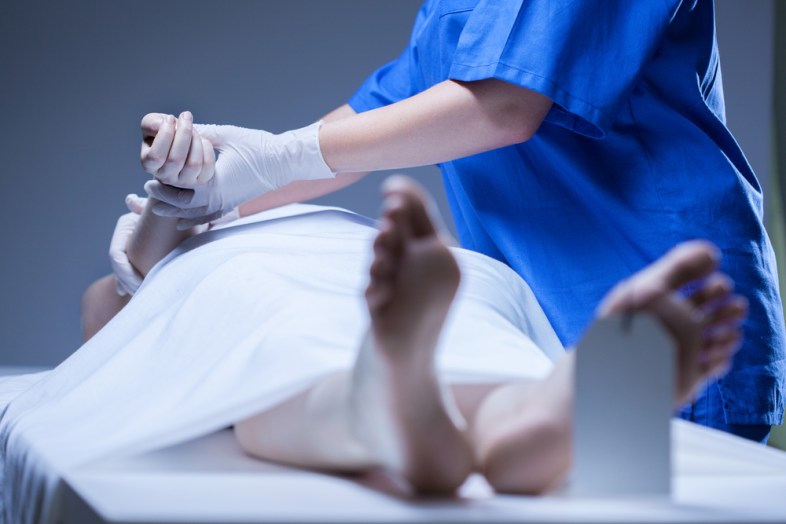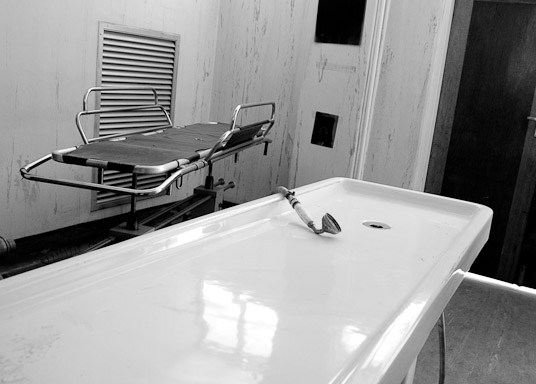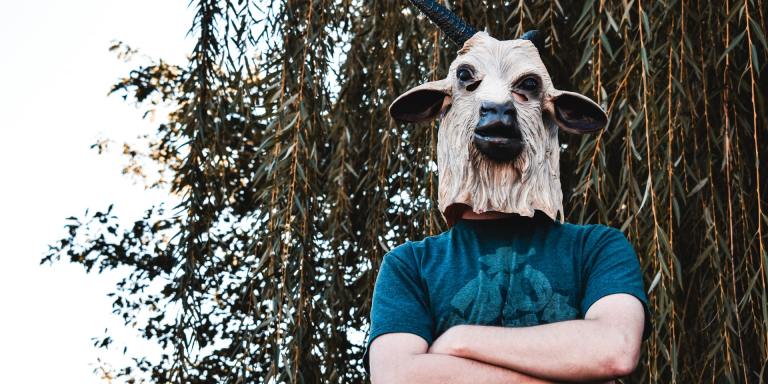
1. I’ve dissected quite a few cadavers in my university’s lab. I’ve TA’d the class, and given tours/presentations to prospective students. I think one of the most surprising things to most people is the variation in bodies. You open Grey’s Anatomy and dozens of other textbooks about anatomy, it shows you the most typical body, and it may list some variations. Those variations are what can make it all interesting. I am not talking variation, like some people having the palmaris longus muscle, and others not. That’s generally pretty well known if you study human biology. Where it gets interesting is the extra muscles that are defined as no more than “anomalous” when you find them. You can look at dozens of books and tons of websites and might not find it documented anywhere.
I’ve found extra forearm muscles and extra lower leg/foot muscles. The first time I stumbled upon one, I was thinking there had to be a mistake. Maybe I had cut a muscle and somehow separated it from the body of the muscle, but I knew I hadn’t because I had just unbundled the fascia with my tweezers. I ask the professor about it, and sure enough it was an anomaly. I didn’t even know that was possible.
We’ve got this idea of how the body SHOULD be, but it can frequently be something else with no negative or positive impact on the person. It makes no difference in their life, and somebody like me will stumble upon it when they’ve died and say “well shit, look at this.” The human body is an amazing and fantastic thing that a text book never really completely prepares you for.
– Typhun
2. I’m a medical student and I just finished anatomy. It’s easy to see how we’re all so different on the outside, but one thing I never really thought of before this class is how different we can be on the inside as well. I’ve seen people with abnormal connections between different veins, arteries, and nerves, as well as people missing some of those structures entirely because they just developed differently than everyone else. One of our cadavers was even missing his palmaris longus muscle (a wrist flexor).
– Altare21





